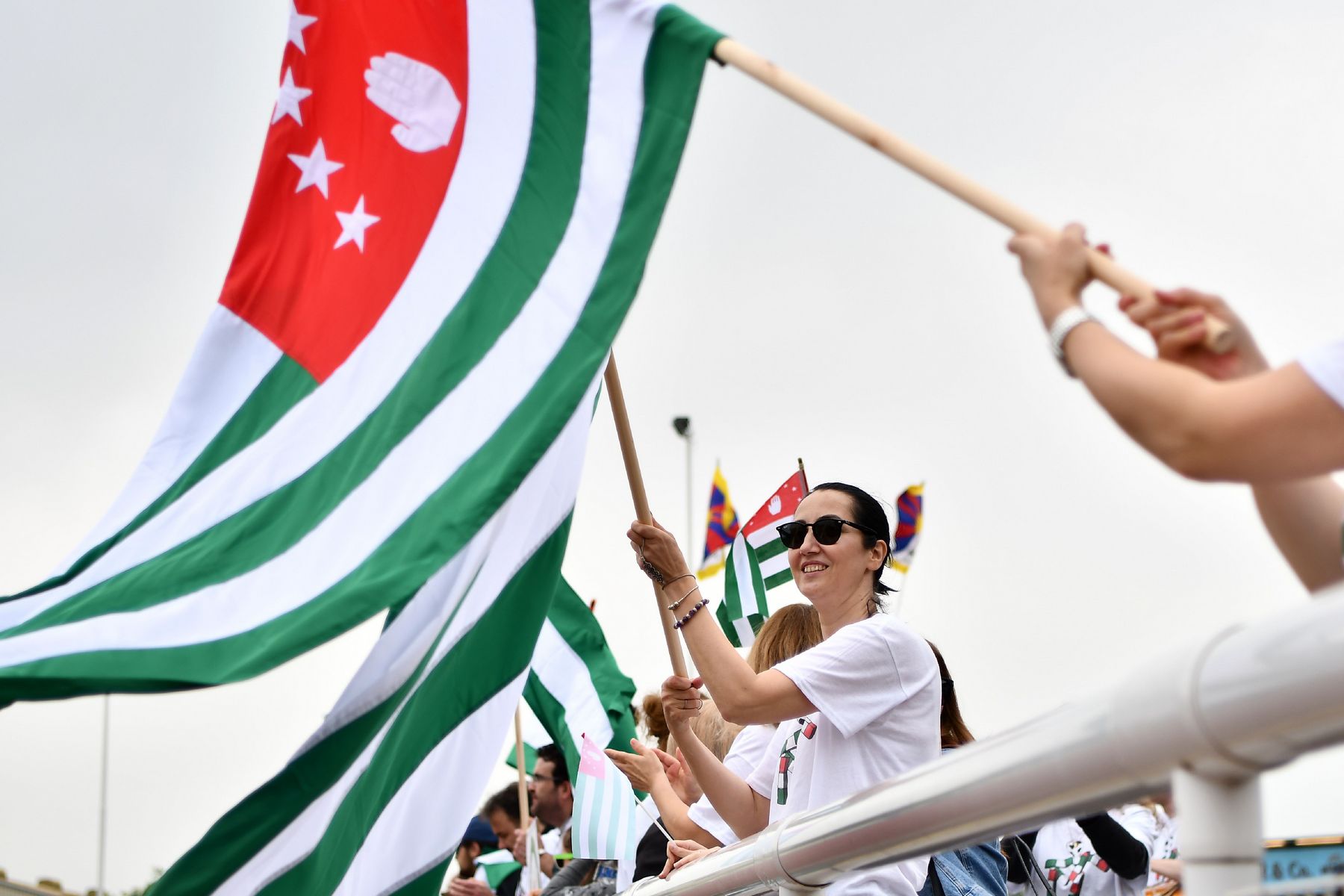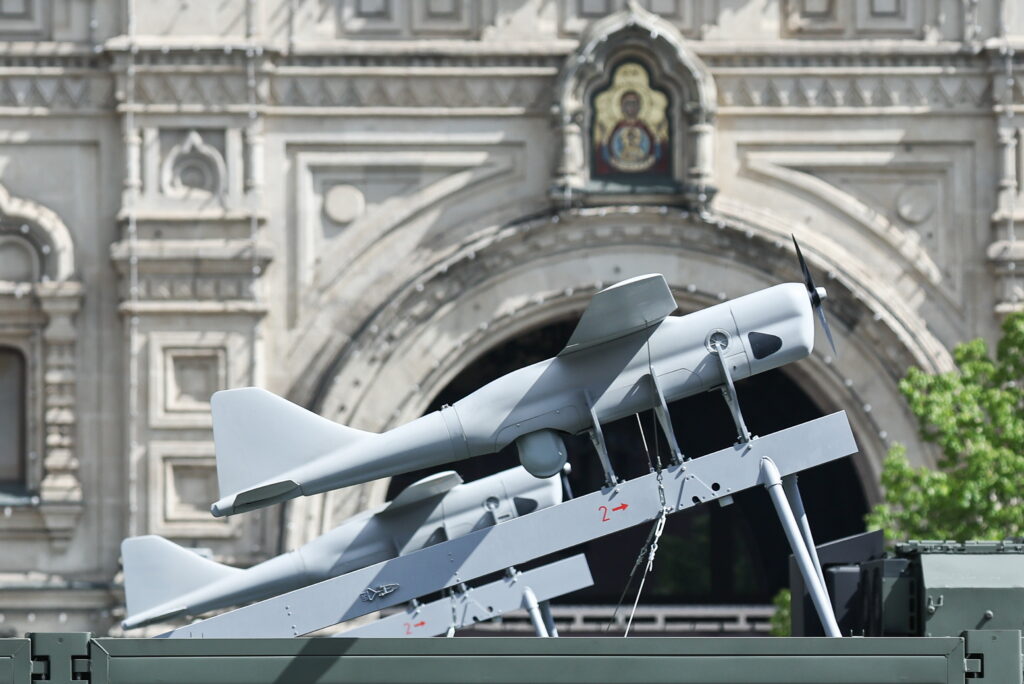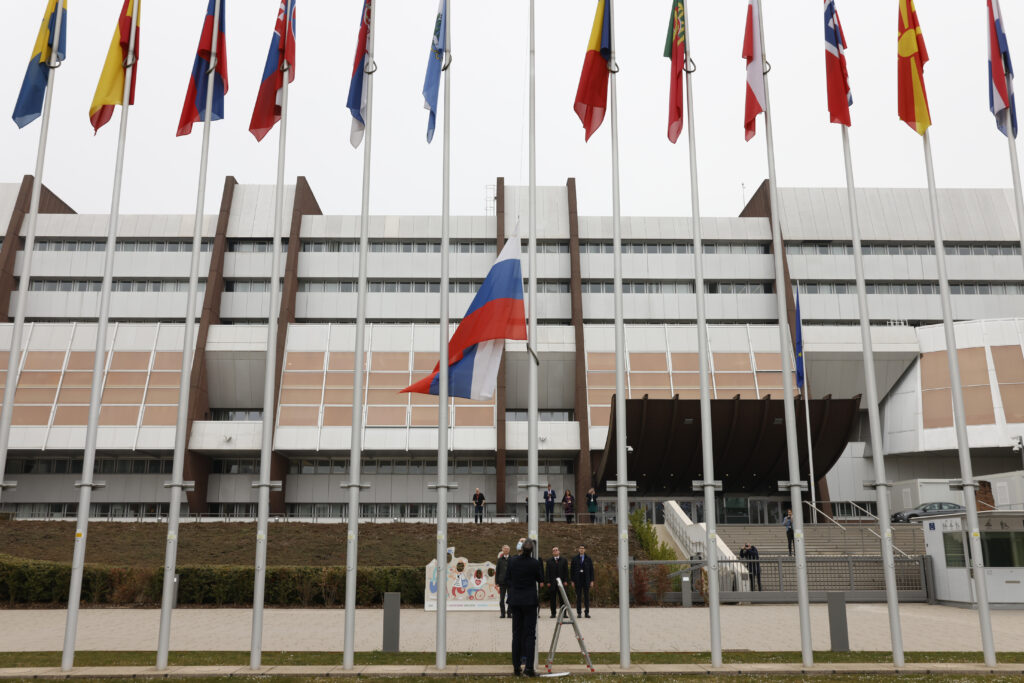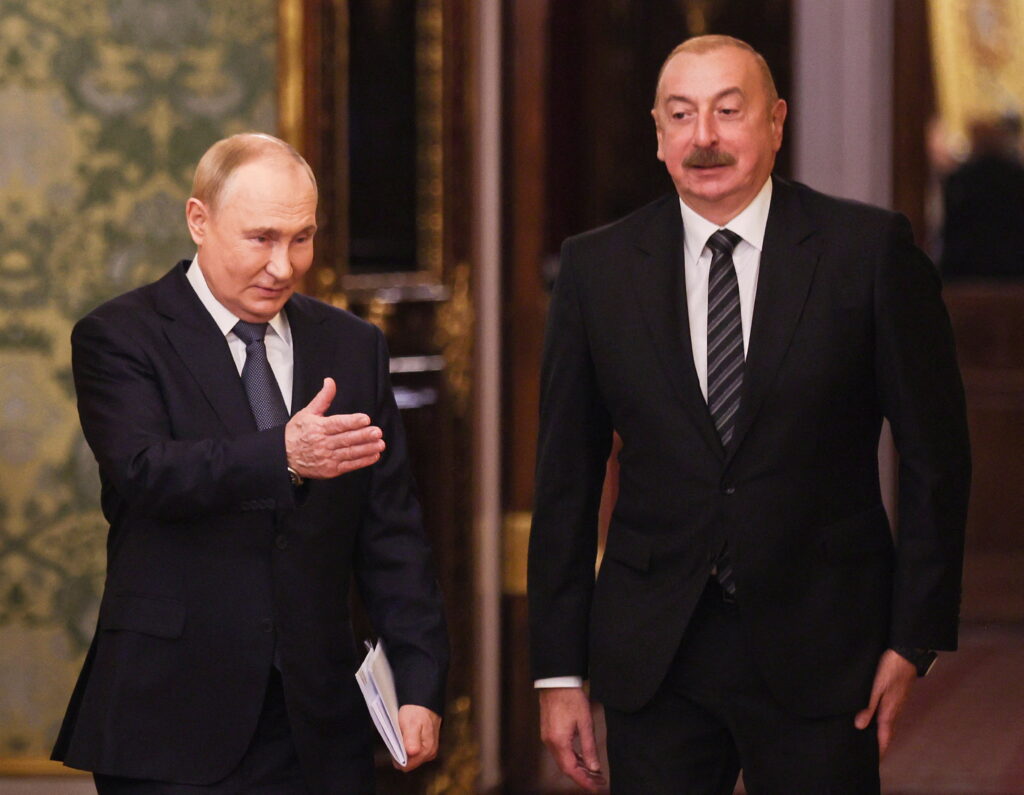Abkhazia is a land of contradictions and Catch-22s. Internationally most countries recognise it as part of Georgia, though it remains inaccessible to most Georgians. Abkhazia’s declared independence is recognised by Russia, the regional superpower and its erstwhile colonizer. Yet this very act of recognition keeps it walled off from the broader international community, which sees the move as a Russian ploy to exert leverage over Georgia. So in practice, Abkhazia is free from Georgia, in the eyes of most ethnic Abkhaz, but not free to do much.
Abkhazia is relatively unique among the Russian-backed breakaway states in that it has a fairly dynamic domestic political environment (though it excludes those internally displaced elsewhere in Georgia). The election of Aslan Bzhania as the region’s titular president was ostensibly evidence of this. Bzhania came to power after the incumbent Raul Khajimba, widely acknowledged as Moscow’s man in Abkhazia, was ousted in January 2020, after mass protests in response to the December 2019 vote.
Abkhaz residents have shown opposition to the idea that their territory join the Russian Federation. That contrasts with overwhelming support for such a move in South Ossetia and the Russian-backed breakaway regions of Ukraine. Even Moldova’s breakaway statelet of Transnistria vocalises support for joining Russia. Abkhazia’s semi-regular political convulsions are often seen by analysts as harbouring a certain level of independence from Moscow.
However, Bzhania’s rule has provided evidence that despite Moscow’s inability to constrain occasional outbursts of public discontent, the territory has no genuine ability to act independently of the Kremlin. Political unrest is not new to Abkhazia — but for the Kremlin, these occasional outbursts of unrest, however spontaneous, are a bug not a feature of its system of influence.
The defiance goes right to the top levels of Abkhaz officialdom. Abkhazia is the only breakaway territory with which Russia has a ‘border dispute’ and is the only such Russian dependency with which such a dispute is even imaginable.
In this fraught context, the Kremlin has still sought to play on internal divisions to consolidate control. Protests, though unpredictable, can at times play into the Kremlin’s hands. Khadjimba himself came to power in 2014, after protests led his predecessor to seek shelter in a Russian military base. Once in the base, Moscow pressured him to resign (according to emails from Kremlin aide Vladislav Surkov that were later leaked). Khadjimba had unsuccessfully run for president on many occasions, touting Putin’s alleged endorsement, but was finally duly ‘elected’ shortly thereafter.
Khadjimba’s own resignation followed another intervention by Surkov. But evidence indicates that Moscow was less happy about the move. Khadjimba called counter-protests, which were led largely by organizations representing veterans of the 1992−1994 Abkhaz-Georgian war, a key political constituency in Abkhazia where memory politics around the conflict remain at the center of the partially-recognised state’s narrative and arguments for independence. Yet even this crucial support base, long cultivated by Moscow (whose assistance for Abkhazia in the 1992−1994 war was far more limited than it would prove in the Putin era), was insufficient to sustain Khadjima’s popularity. Bzhania had already garnered a sizable support base in the run-up to the original 2020 election, but was allegedly poisoned. This resulted in a delay to the vote, but helped build anger on the Abkhaz street and when the election was finally held — and Khadjimba declared the winner — protests forced the Abkhaz ‘supreme court’ to rule them invalid, even before Khadjimba agreed to resign.
Bzhania’s election hinted at the possibility of a new vector in Abkhaz politics. In the run-up to his election, Bzhania teased at opening new lines of dialogue with Georgia, something he continued even after Khadjimba’s ouster. After his election, Bzhania brought back Khadjimba’s predecessor, Alexander Ankvab back into the fold, naming him prime minister. Ankvab had previously stood against Khadjimba not allowing the Gali district’s still predominantly ethnic Georgian inhabitants to take part in Abkhazia’s elections. This rhetoric remains, Bzhania’s appointed district head for Gali recently labelled it a «disaster» that Gali’s residents did not hold Abkhaz ‘passports’- a strong rebuke of Khadjimba’s action stripping them of these documents.
Yet no new line of communication between Abkhazia and Georgia has been established since Bzhani’s election. Bzhania was never going to initiate such outreach, given his strained relations with Abkhaz veterans groups. Moscow was not likely to countenance such an effort either. That is despite Russia having long had a policy of stating that Georgia should be talking directly to the breakaway authorities in Abkhazia and South Ossetia. It has never been tested on its commitment to this proposal. Much as it calls for such talks between the Ukranian government and the Russian-backed proxies in Donetsk and Luhansk, it is all-but-certain not to allow such negotiations without ultimate control over the outcome. Such negotiations are also a nonstarter for Tbilisi too. The two main political parties in Georgia, despite their disagreement on nearly every other aspect of local political life, are unwilling to shift from the status quo on Abkhazia. They seek only to discuss Georgian-Abkhaz relations through Moscow, which Georgians see as an occupying power in both Abkhazia and South Ossetia.
Bzhania has found himself just as constrained domestically. Electricity challenges have been particularly acute in Abkhazia, driven in large part by the region’s heretofore cheap prices (subsidized, if indirectly, by the authorities in Tbilisi through the over-allocation of electricity produced at the Inguri dam, the sole continuing example of Abkhaz-Georgian cooperation) but which has resulted in a series of power crises for two years now. Russia has stepped in to supply Abkhazia with extra electricity. Yet it has been unwilling to invest in new energy infrastructure in the territory.
Nor is Moscow willing to invest in other parts of Abkhazia’s infrastructure. The last major Russia-funded infrastructure project in the region came a decade ago. It involved repairs to the Abkhaz railway, enabling the resumption of tourist trains from de jure Russia to the territory. Bzhania has instead fallen into the same habit as his predecessor (and the heads of many other breakaway governments in the former Soviet Union), stating that talks are ongoing with Russian partners about rebuilding Sukhumi’s airport — the Caucasus’ largest in its Soviet heyday. Such promises are sure to come to naught. For starterss, the International Civil Aviation Organization (ICAO)recognizes Abkhazia’s airspace as Georgia’s and is unlikely to change this stance any time soon. Bzhania has also sought for Russia’s Gazprom to build the infrastructure necessary for the firm to supply the territory. Despite again being raised in his 12 October visit, these hopes too have made no concrete progress since he assumed office.
The security environment in Abkhazia also remains fraught, albeit not because of activity on the dividing line between territory controlled by Russian and Abkhaz forces and that controlled by Georgian forces. Abkhazia remains a hub of organized crime, and its intersection with paramilitary activity. Bzhania’s own rise to power evidences this. He was backed by Akhra Avidzba, perhaps Abkhazia’s most prominent volunteer in the conflicts in eastern Ukraine — where he fought on behalf of the Russian-backed separatist forces as part of the ‘Pyatnashka’ brigade. Avidzba was named an advisor to Bzhania after he assumed the presidency. But surprisingly this March, found himself under arrest.
There were rumors that Avidzba’s arrest was the result of a cleaning-up effort by the Russian security services. This is certainly not impossible to imagine. Similar recriminations have accompanied the detention and arrest of separatist leaders in the Donbas in the past. Avidzba announced a new political movement in the days before his arrest. Whether his detention was sought primarily by the Kremlin or by Bzhania, it is evidence that the region’s politics remain under Moscow’s management — with the ability to remove or replace political actors from the stage at will. Ironically, it was Bzhania’s own rise to power that had put this in doubt. His rise may genuinely have not been planned by Moscow, but even if it was initially opposed, his presidency thus far has proven that the contours of Abkhaz politics remain constrained by the Kremlin’s frozen support. Georgia’s ongoing refusal to engage more directly (and likely Russian opposition if it did) means this is unlikely to change anytime soon.
Abkhazia finds itself operating a kind of politics of the theatre, colourful and vibrant, dramatic and occasionally traumatic. But the performance repeats itself, bereft of any major adjustments to the script. The actors are replaceable, and an understudy is always waiting in the wings. The show must go on.










